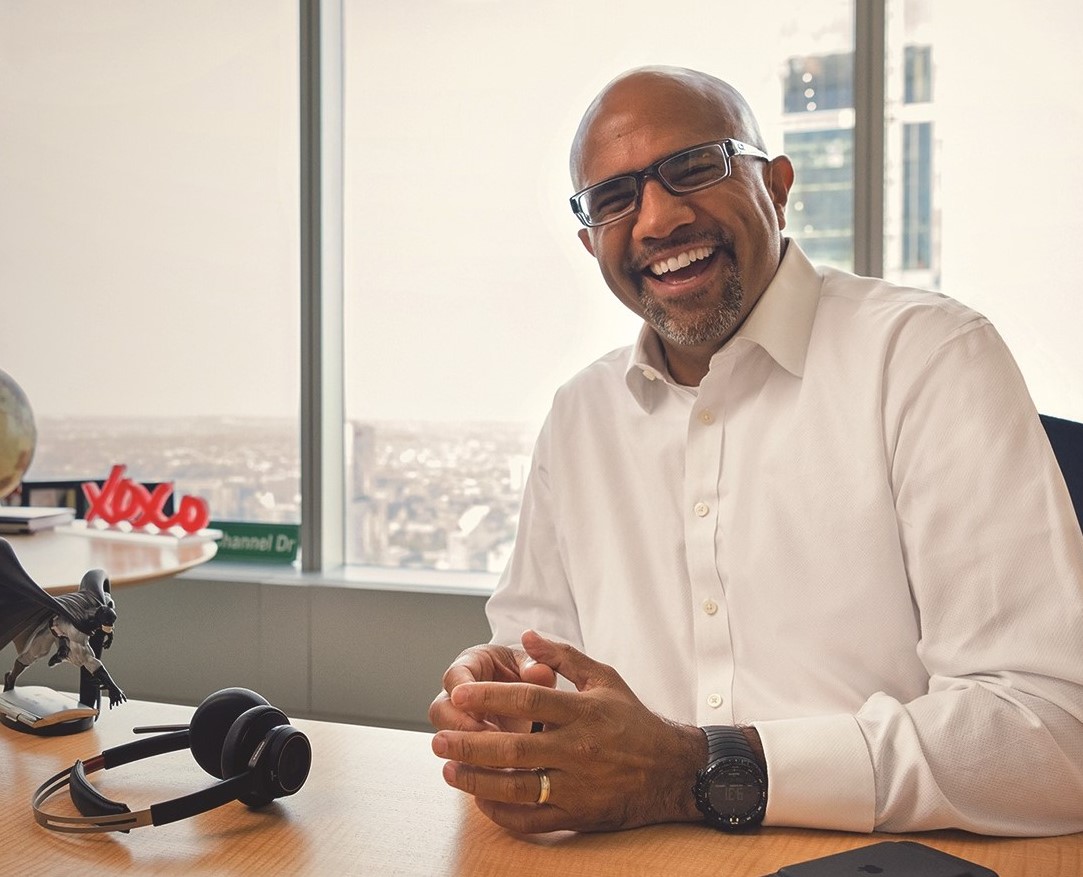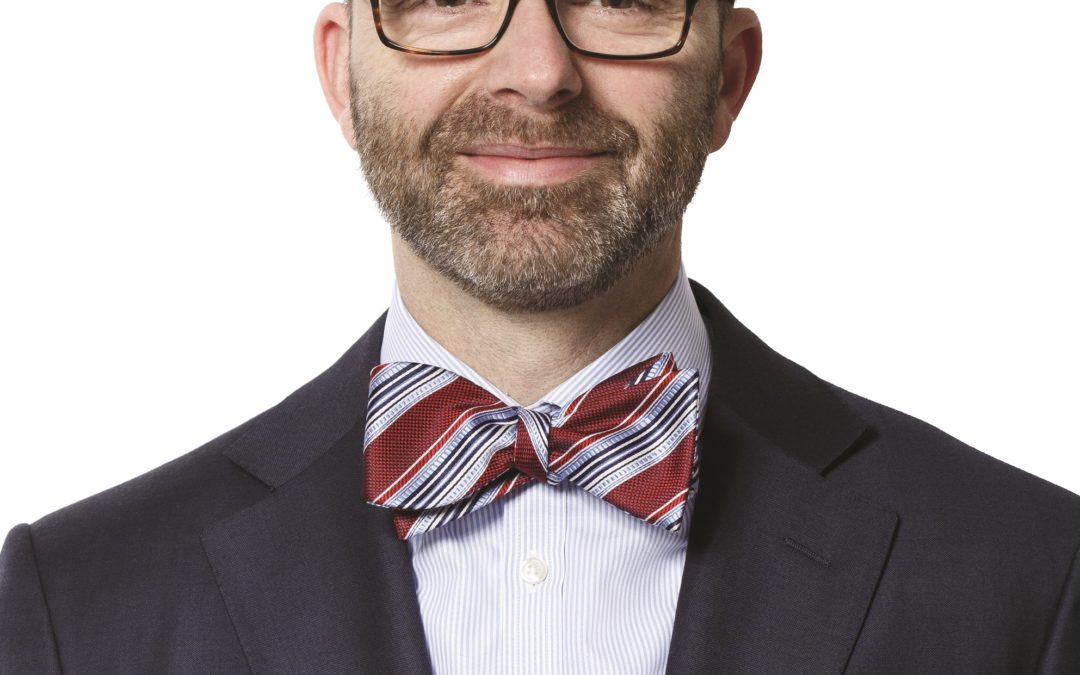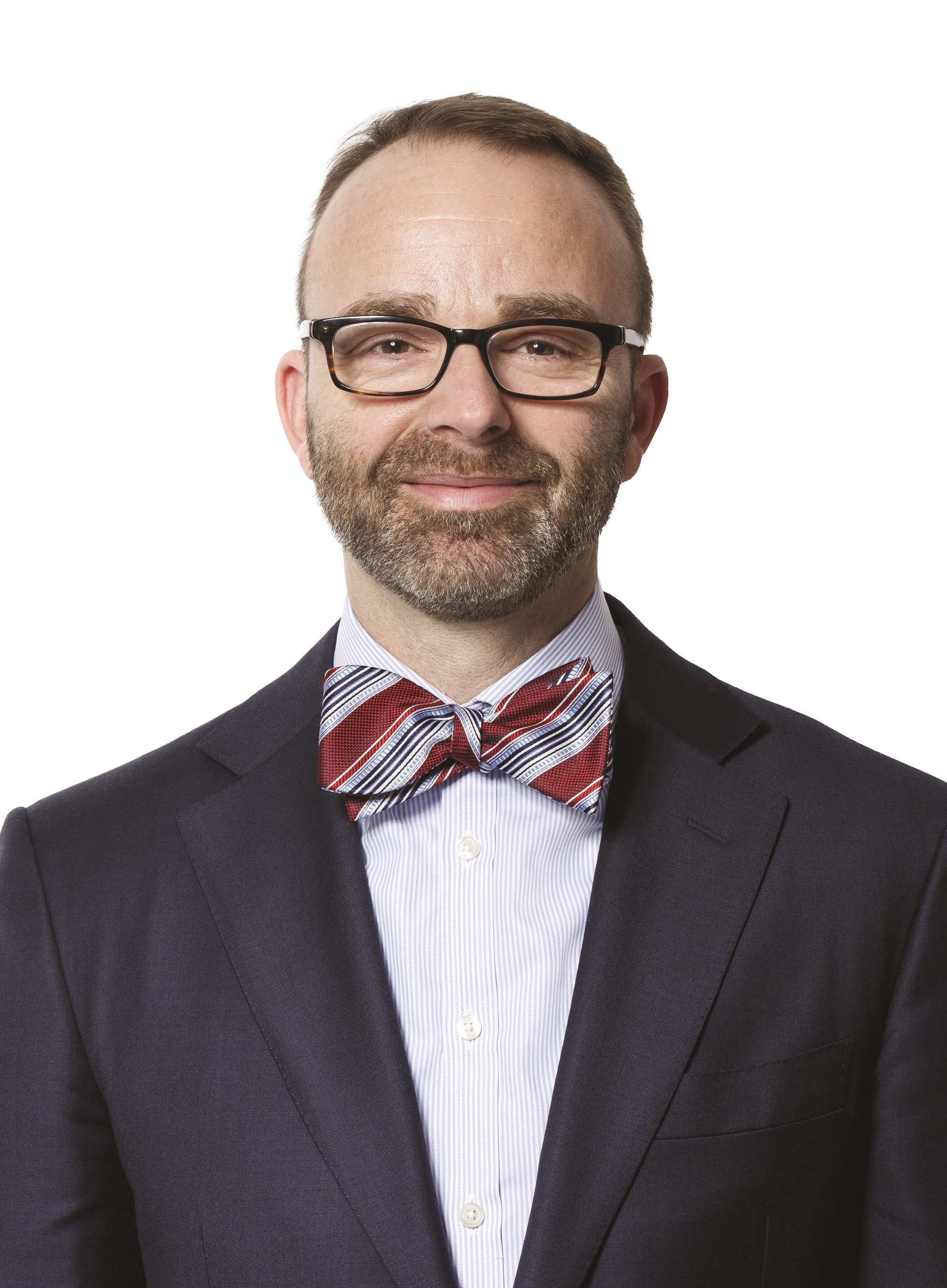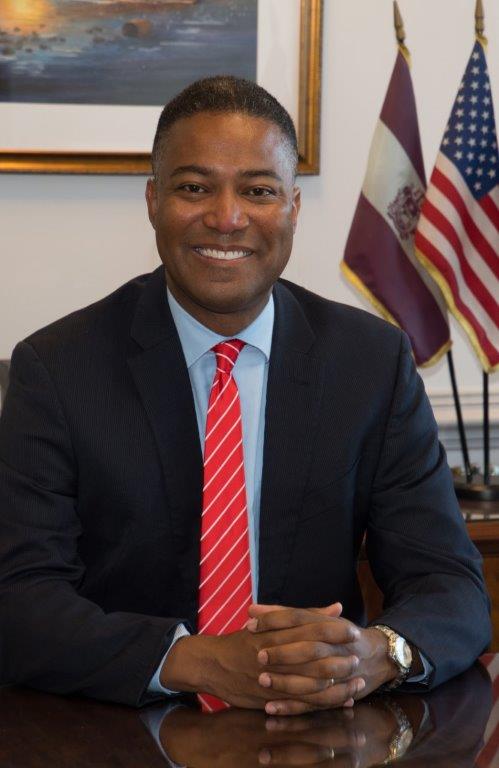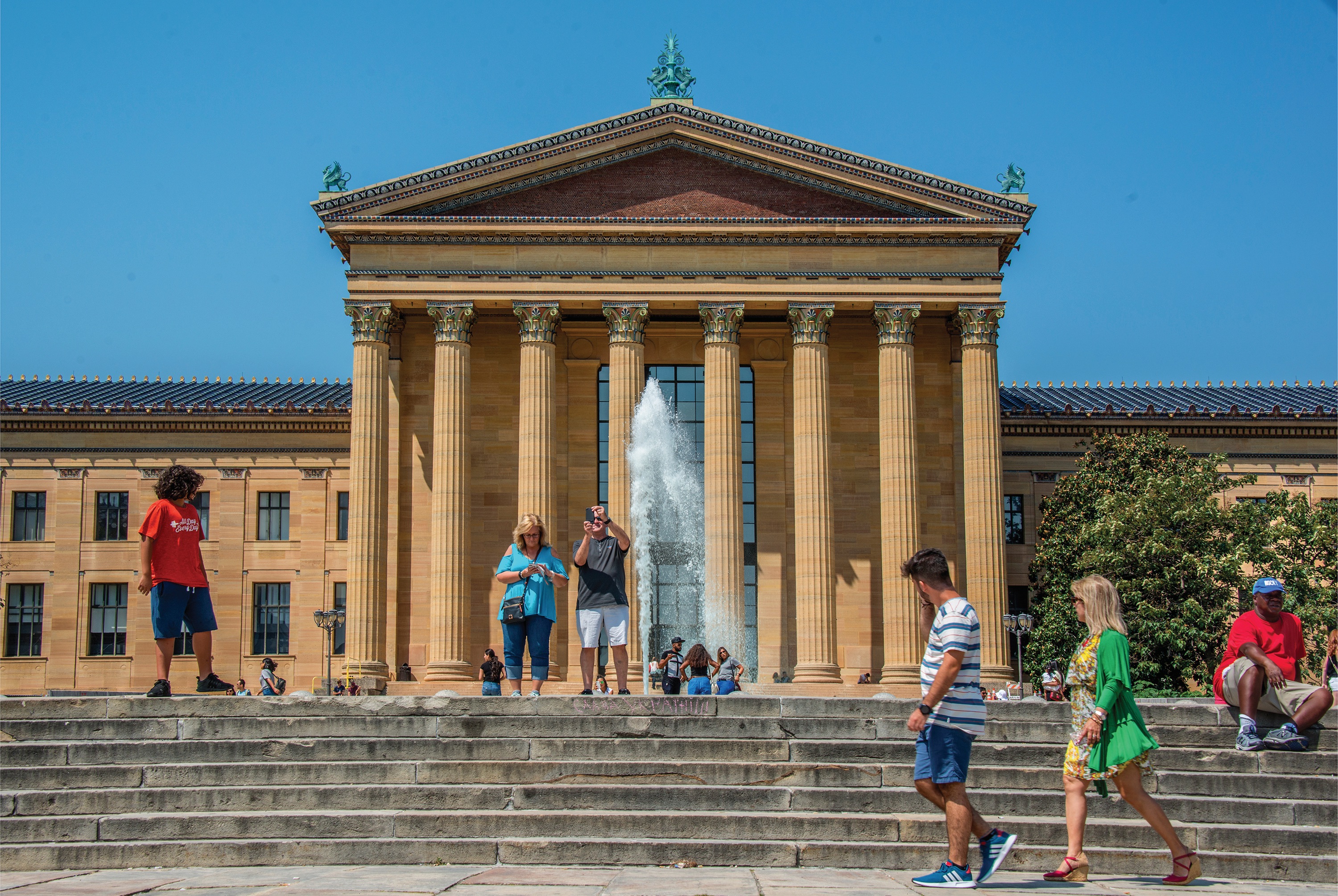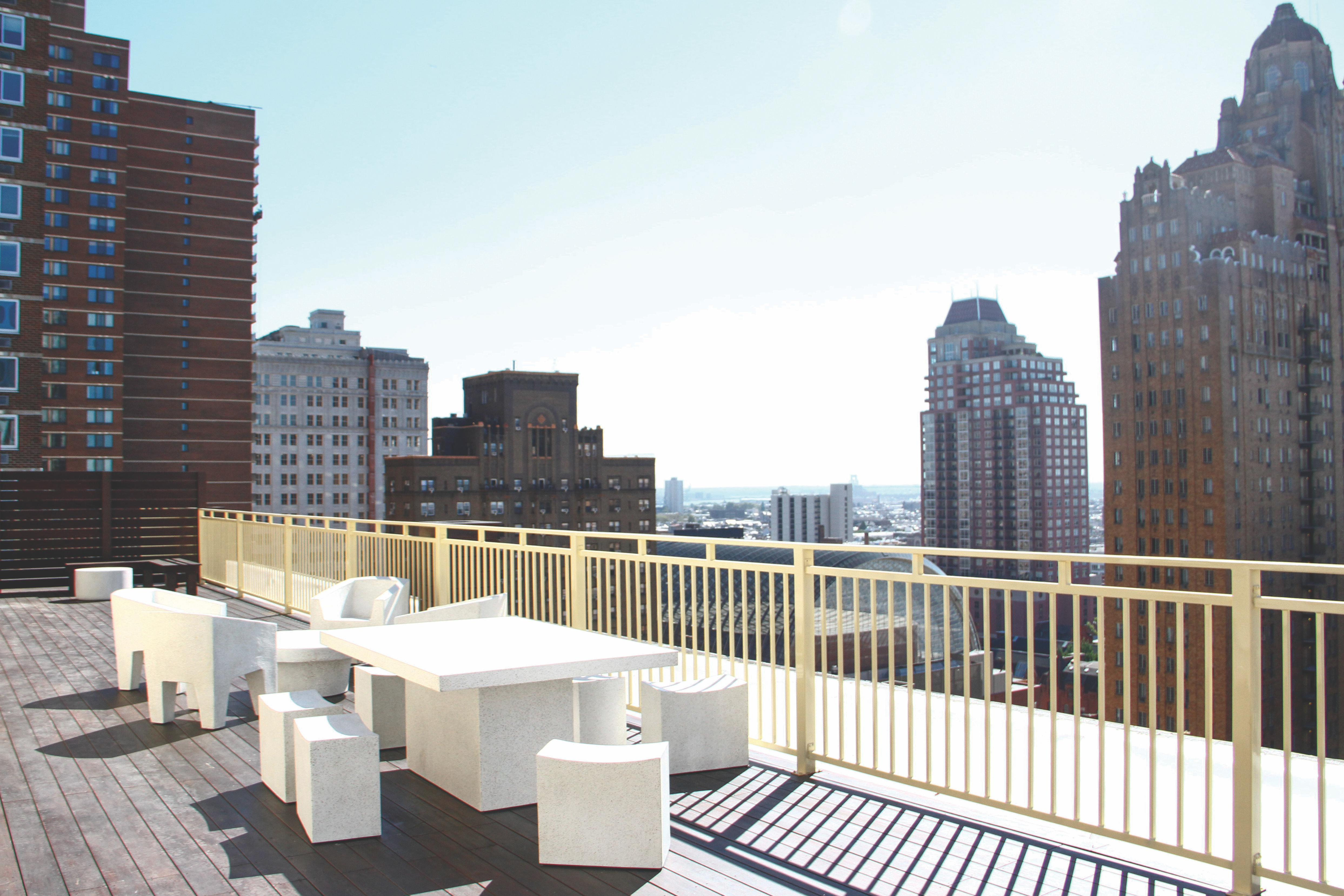Spotlight On: HBK CPAs & Consultants, James Bartolomei, Principal
Writer: Yolanda Rivas
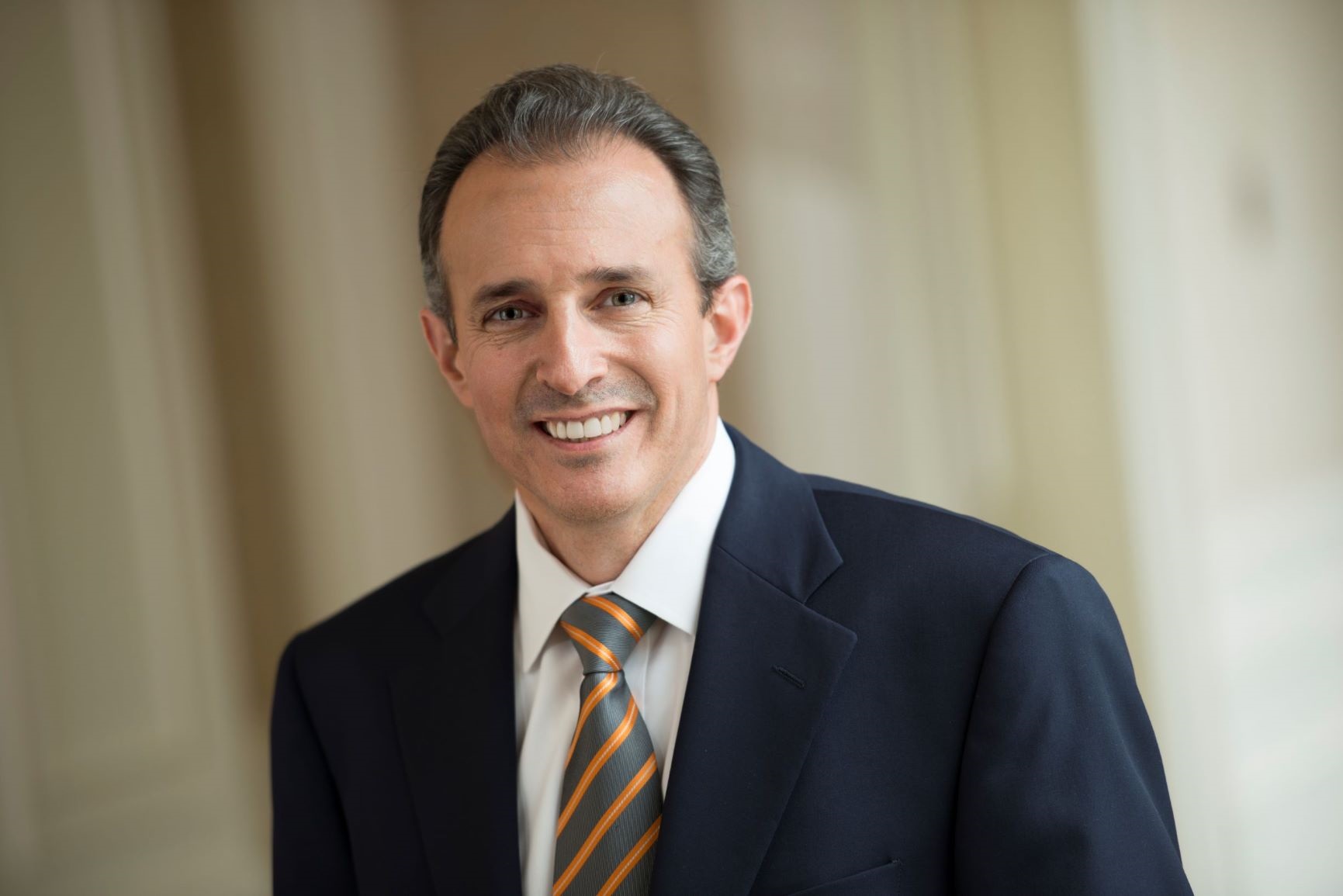
2 min read SEPTEMBER 2019 — Technology is disrupting every industry in the world. From healthcare to banking and finance, numerous companies are reinventing themselves to be at the forefront of technology and innovation. In the accounting and finance segments, these innovative tools are rapidly transforming customer experience and data management. The Invest: Philadelphia team recently sat down with HBK CPAs & Consultants Principal James Bartolomei to get his insights about the performance of Philadelphia’s financial sector.
In what ways is technology disrupting the accounting and finance industry?
Technology is disrupting every industry. Innovation and technology allow companies to get creative and find ways to improve processes and, more importantly, customer experience. The biggest challenge faced by the financial industry is to improve customer experience while protecting sensitive data. To assist our clients in this area we recently developed a cybersecurity offering, which has been well-received.
With the rapid and dynamic change in technology, businesses can be eliminated and displaced very quickly today. This represents a big challenge as the value one thought was built up in their business could vanish. This is why it is vitally important for business owners to build wealth both inside and outside their businesses. Our firm combines tax and accounting services with our wealth management services to help deliver on this objective and minimize risk for our clients.
What are the services and industries where you’re seeing the most demand?
We have seen increased demand from clients looking for our advice about the effects of the federal tax reform, especially because of the substantial changes in the privately-held business area. Clients are concerned that their accountants and tax advisers fully understand the new tax law and how it impacts them. There are significant changes to the way small businesses are taxed under this new law.
Philadelphia’s real estate and biotech sectors are growing. We have numerous clients in the real estate sector and we have seen a substantial uptick in activity and development, especially in rental properties. In the biotech sector, we have seen a high amount of activity in the medical technology segment.
What is your outlook for Philadelphia’s accounting and finance sectors?
We are continuing to see growth in the Philadelphia market. We are relatively new to the market and we are expanding our client base and attracting good, young talent. We have hired a number of recent college grads over the last two years with great results. Philly is one of the strongest and youngest markets in the United States and the outlook is great for HBK and the local financial services sector.
To learn more about our interviewees, visit:
HBK CPAs & Consultants: https://www.hbkcpa.com/


